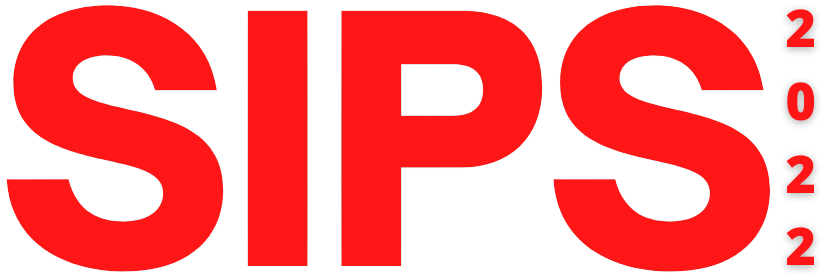
This article examines the questions of ensuring sustainable development of socioeconomic systems through combining such factors of sustainable development as science, education and culture. The maintenance of sustainable development of socioeconomic systems alongside creation of conditions for wellbeing of the population is inseparably associated with establishment of the development pattern oriented towards the growth of financial and economic indicators, as well as the achievement of high living standards of citizens. The authors demonstrate a chain of elements ensuring sustainable development of noosphere and examine the evolution of accumulation of knowledge that leads to human capital gains. The article substantiates the key role of the modern education system in maintenance of innovation development, and suggests the mechanism for creation and distribution of structural and educational innovations. The conclusion is made that in order to ensure correspondence of the Russian education system to the requirements of the sixth technological paradigm, it is necessary to conduct significant changes in approaches towards the educational process. The authors determine the following key directions of reforms in the modern Russian education system, which are capable of creating a new vector for the development of education systems in Russia: 1) establishment of the system of continuous education that substantially rather than formally ensures the concepts of “education throughout lifetime”; 2) revival and advancement of the system of integrative learning to ensure partnership of universities with businesses and society; 3) formation of the system of global access to the top educational resources, incorporation of formal and informal education.
Keywords:
education, knowledge, human capital, technological order, sustainable development, socio-economic development, noosphere, understanding, competences, technology
Today, optics and photonics is widely regarded as one of the most important key technologies for this century. Many experts even anticipate that the 21st century will be century of photon. Optics and photonics technologies have impact on nearly all areas of our life and cover a wide range of applications in science and industry, e.g. in information and communication technology, in production, medicine, life science engineering as well as in energy and environmental technology.
However even so attractive, the photonics is not well known by majority of the people. In order to motivate especially the young generation for optics and photonics we worked out the lecture related to optical data transmission in the frame of PHORSCH! project and presented it in a classrooms at primary and secondary schools. We prepared many practical activities and experiments to explain how the modern communication through the optical networks works. Combining the hands-on teaching with having a fun while learning about the basic optics concepts we aroused interest of not only the children but also the teachers with a very positive feedback.